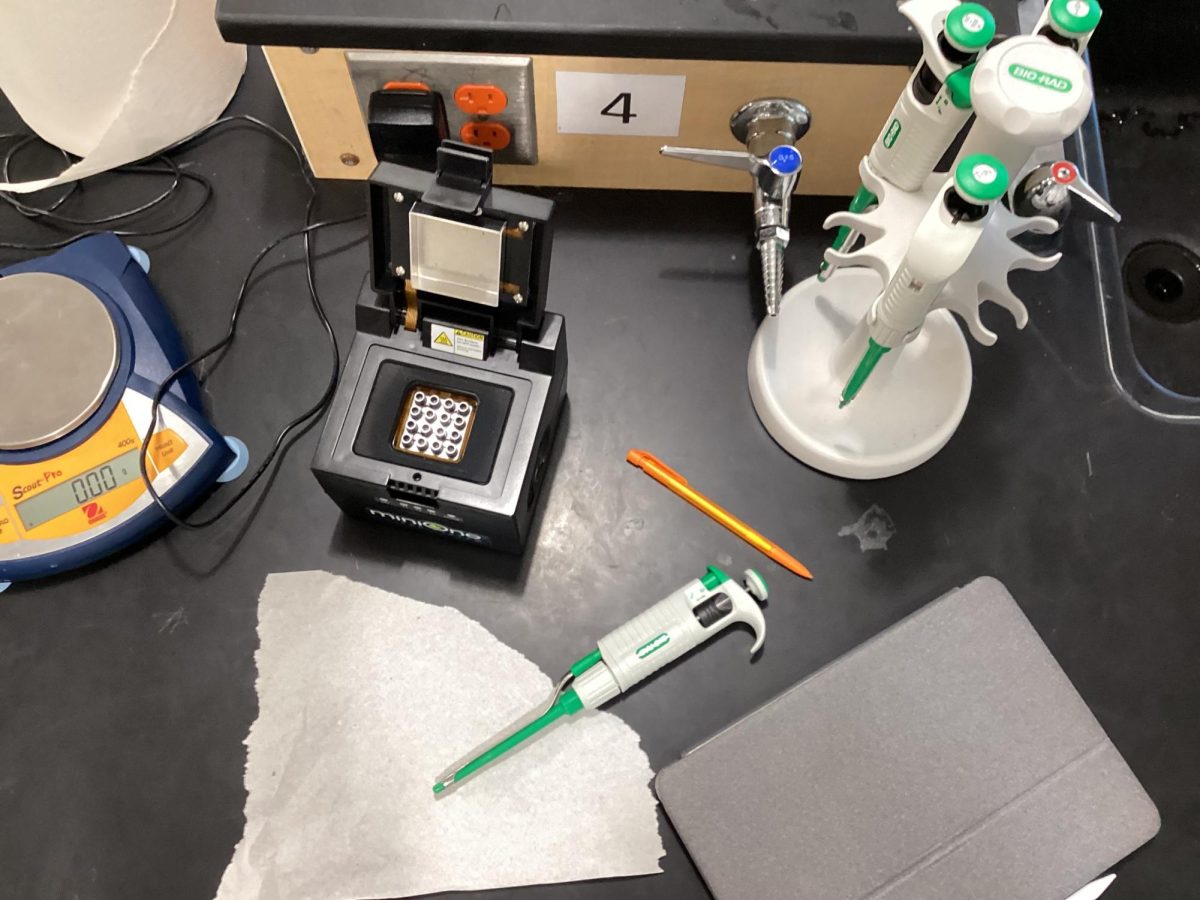Colleges’ budgets are changing and so are opportunities for high school students. As new funding cuts are introduced to universities and colleges nationwide, opportunities for younger and inexperienced students are dwindling. 2025 introduced new government proposals, including the defunding of colleges across the country. There has been a $1 billion cut in research funding grants affecting science labs, research projects, and STEM scholarships.
This directly affects the Bellarmine Marine Chemistry program, which calls upon their students to conduct an indepth research project by the middle of their senior year. The project itself has not changed; with the involved students still researching and conducting experiments, what has changed is students’ ability to conduct their research. Recent government funding cuts directly prevent students from properly conducting thorough research by introducing the struggle of limited resources and lab spaces.
Current junior Nicole Gobal discussed her struggle to obtain a lab position, specifically at University of Washington and Seattle Children’s Hospital. N. Gobal says that while those that she corresponded with were interested, they were not able to take her on because there are “Issues about having funding… a lot of labs in this climate are in short of funds that they need to support new people coming into the labs”
Samantha Gobal, also a junior, is experiencing the same problem even with a specific project topic. S. Gobal says that “ My partner and I are trying to modify it so that we can work in Bellarmine so we are able to do the experiment in general” This highlights the difficulty in trying to work outside of Bellarmine funded programs.
This year, unlike the years before, the government funding cuts to colleges around the country leave lab positions vulnerable. Those who work in labs are already experiencing uncertainty as the first government funding cuts begin.
Current Marine Chemistry teacher Dave DeGroot can also speak to the struggle that he witnesses students facing, by saying, “There’s a couple different places that have lost some of their funding. And so it’s changed what their focus is. And sometimes that focus is a little more, it’s a little bit higher level than what they can bring in the high school student board.” He speaks to what he’s witnessed this year, stating “That’s happened with some of our folks also locally that can’t do what they wanted to do because they have lost money that they thought they had.”
Government funding cuts are dramatically decreasing the amount of funding colleges receive for research and innovation. This has led to the decrease in medical research and overall output of university research. These budget cuts specifically stem from the One Big Beautiful Bill Act (OBBBA) and are targeted at eliminating DEI (diversity, equity, inclusion) STEM programs at the college level. The bill canceled 51 grants from the National Science Foundation (NSF) given to colleges. This has already led to a reported 50% decrease in scholarships and financial aid given out to STEM students.
The decrease of grants and the cuts to funding of colleges and universities all over the United States of America begs the question of: How will this negatively affect the pathways and opportunities of students who aspire to pursue a career in fields of STEM and what are the ways of preventing this?



